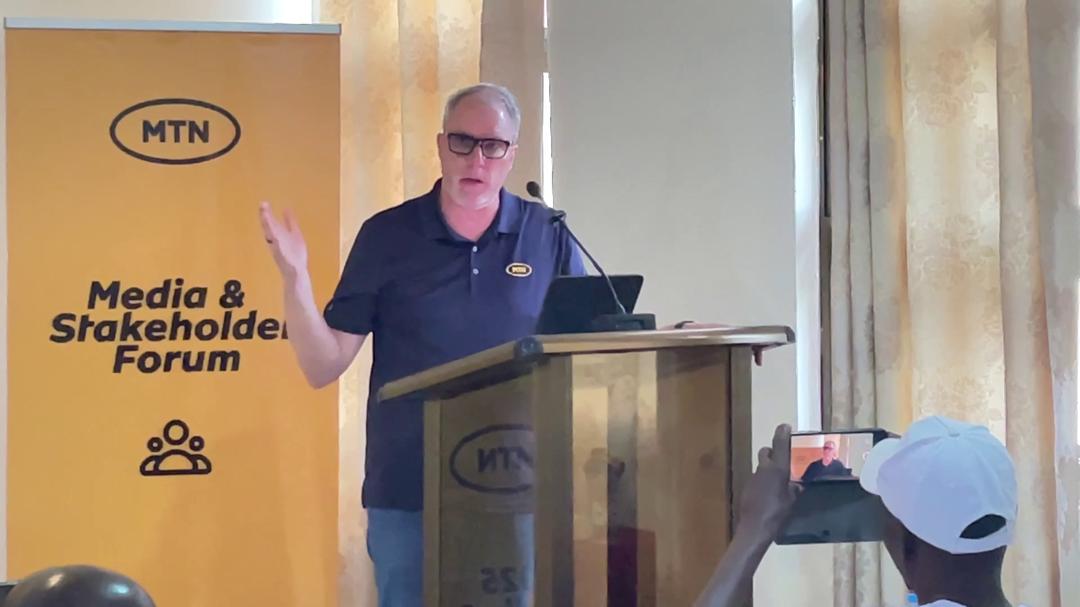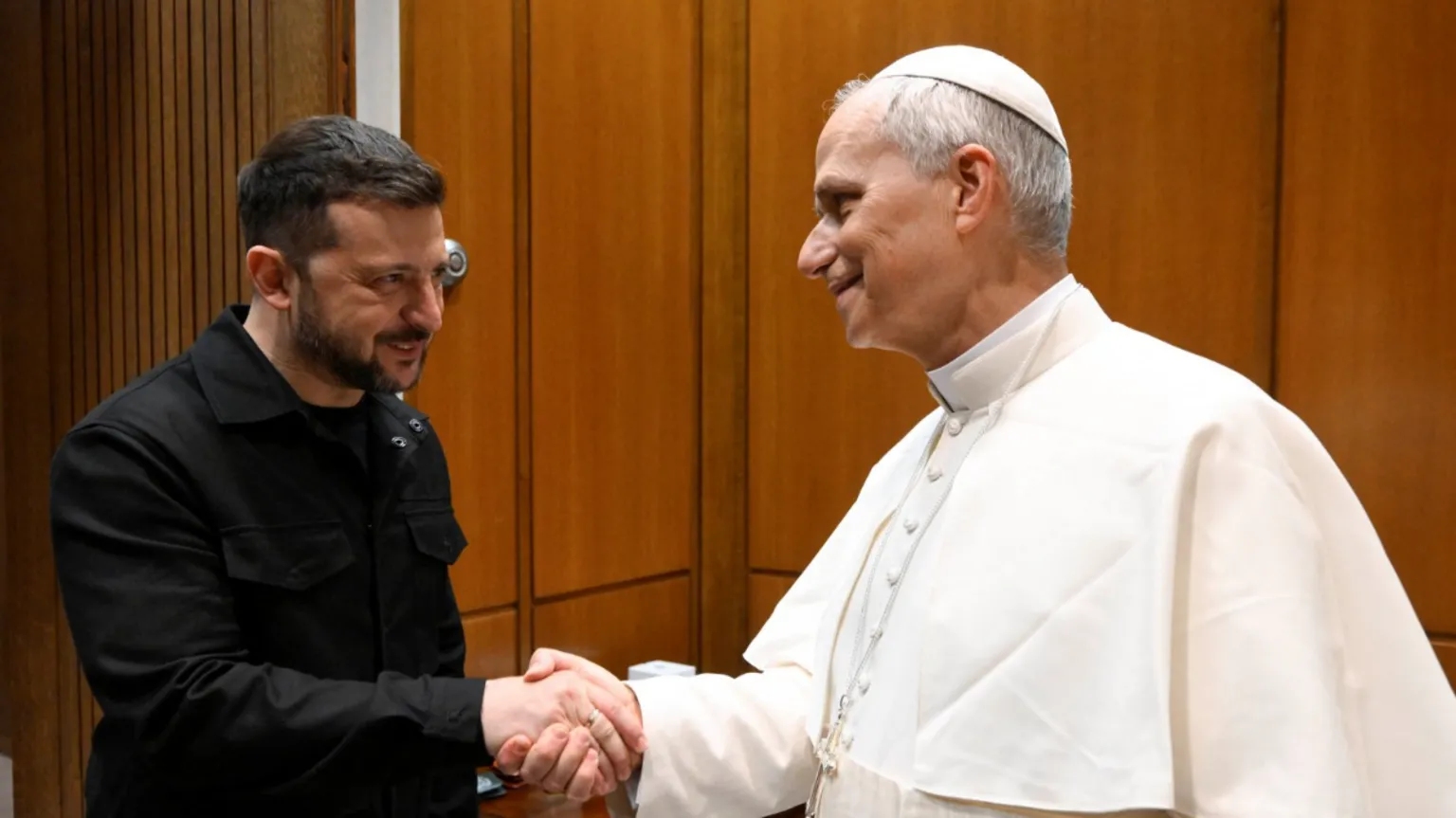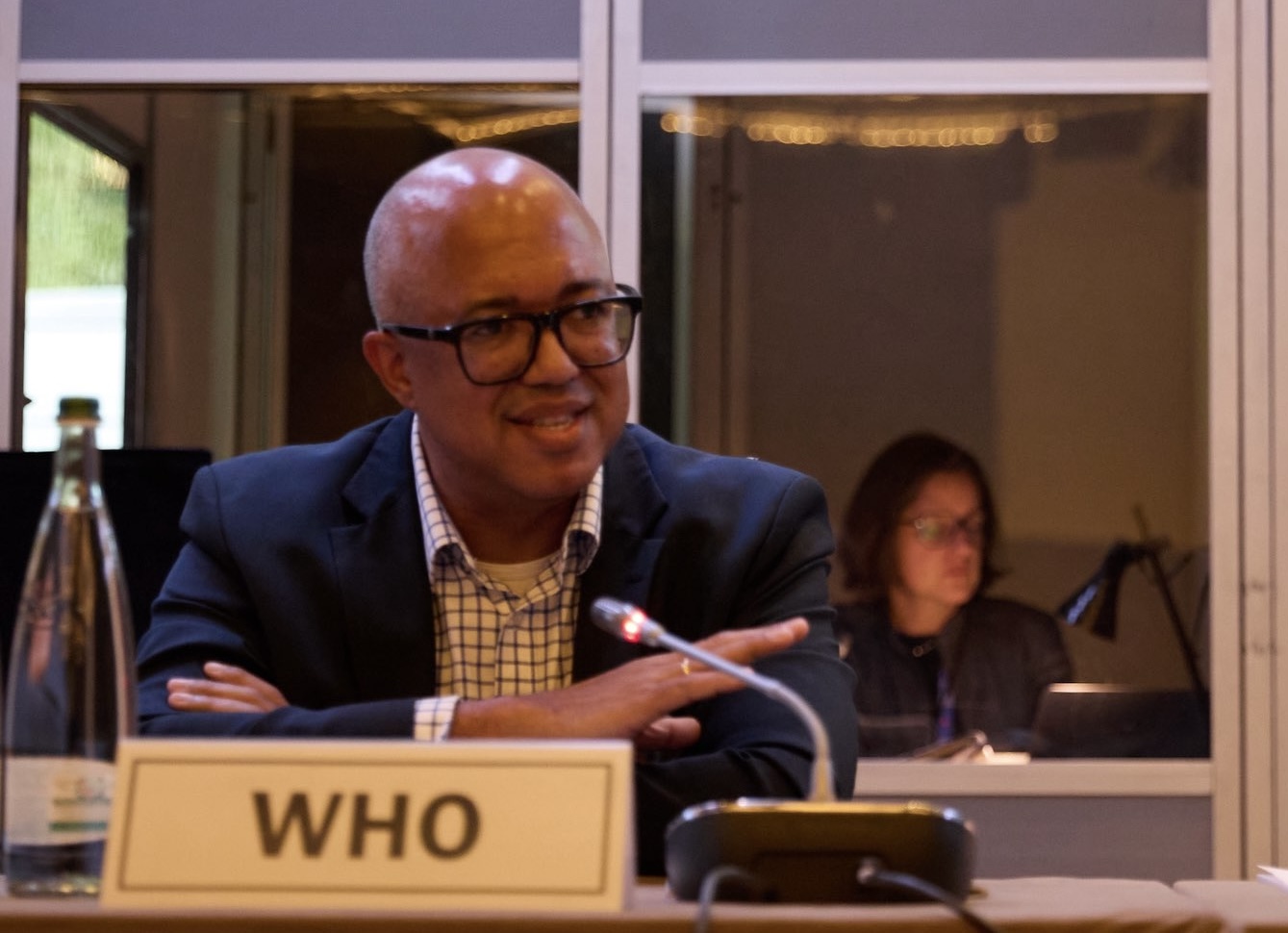Tanzania's Prof Janabi unveils bold vision in bid for WHO Africa regional director post
. Tanzania’s nominee for the post of World Health Organization (WHO) Regional Director for Africa, Prof Mohammed Janabi, has unveiled a bold and inclusive agenda aimed at transforming public health across the continent.

Addressing Ministers of Health and delegates from across Africa during a session of the WHO Regional Committee in Geneva, Prof Janabi made a passionate appeal for support, presenting his professional credentials, leadership experience, and strategic priorities for steering the WHO Regional Office for Africa into a new era.
“I stand before you not merely as a candidate, but as a dedicated partner, unwavering in my commitment to our shared vision of a healthier, stronger region,” he said. “With a proven track record in health leadership and a clear vision for our continent’s future, I pledge to serve with integrity, determination, and efficiency.”

Prof Janabi, a renowned cardiologist and public health champion, was nominated by President Samia Suluhu Hassan. He expressed gratitude for her confidence in his leadership and paid tribute to the late Dr Faustine Ndugulile, the former Regional Director-elect, whose untimely passing created the current vacancy.
With over three decades of experience in clinical medicine, public policy, research, and executive health leadership, Prof Janabi is a respected figure both in Tanzania and internationally. He has served as a Senior Advisor on Health Policy and Nutrition to two Tanzanian Presidents—Dr Jakaya Kikwete and President Samia Suluhu Hassan.
Among his notable contributions is the establishment of the Jakaya Kikwete Cardiac Institute (JKCI) in 2014, which significantly reduced overseas referrals for cardiac care and saved the government millions of dollars.
— The Citizen Tanzania (@TheCitizenTz) May 18, 2025Prof Mohammed Janabi, Tanzania’s candidate for the position of Regional Director for the World Health Organization (WHO) African Region, made his official pitch today, 18 May 2025.
Standing before Ministers of Health from across the African continent, Prof Janabi passionately… pic.twitter.com/GvVqhNhXHA
He also highlighted his tenure at Muhimbili National Hospital, where digital health innovations, artificial intelligence, and telemedicine expanded health services across more than 12,000 facilities.
At the heart of his address was a comprehensive, seven-pillar agenda aimed at addressing the continent’s most urgent health challenges.
Prof Janabi reaffirmed his commitment to achieving Universal Health Coverage (UHC), calling for expanded access and reduced financial hardship. He noted that Africa’s UHC index remains far below the global average.
He also called for sustainable health financing, cautioning against over-reliance on earmarked voluntary contributions, which he argued undermines the WHO’s autonomy.
He urged African member states to raise their assessed contributions and explore domestic financing innovations such as public-private partnerships and solidarity levies.
On emergency preparedness, Prof Janabi stressed the need for resilient health systems and regional collaboration, shaped by lessons from Ebola, Marburg, and Mpox outbreaks.
In maternal and child health, he acknowledged the disproportionate burden borne by African nations but pointed to Tanzania’s progress, noting an 80 percent reduction in maternal mortality under President Samia’s administration—an achievement recognised by the 2024 Goalkeeper Award.
To tackle the dual burden of communicable and non-communicable diseases, Prof Janabi advocated for a One Health approach, which integrates human, animal, and environmental health systems.
He also pledged to combat antimicrobial resistance, describing it as a “silent but growing crisis”. With 40 percent of African states lacking surveillance systems, he committed to building national databases, promoting responsible antibiotic use, and fostering cross-sectoral collaboration.
Prof Janabi further vowed to strengthen local production of vaccines, diagnostics, and therapeutics. He pledged to leverage the new Pandemic Agreement, engage the African diaspora, and promote research in traditional medicine through the forthcoming WHO Traditional Medicine Strategy 2025–2034.
Calling for transformational leadership, he concluded: “Transformation is not a task for one—it is a shared journey. We must act with unity, adaptability, and innovation.”
He ended his address with a direct message to member states: “Trust is earned through results. My record speaks for itself. I am ready to serve from day one. Together, we can build a healthier, more resilient Africa.”












